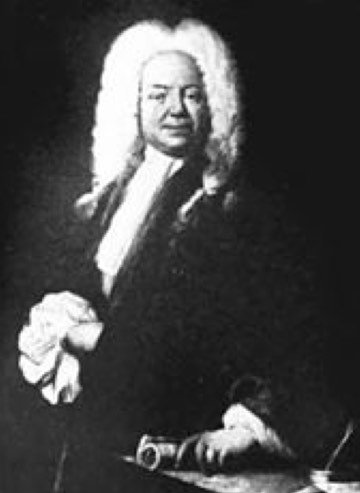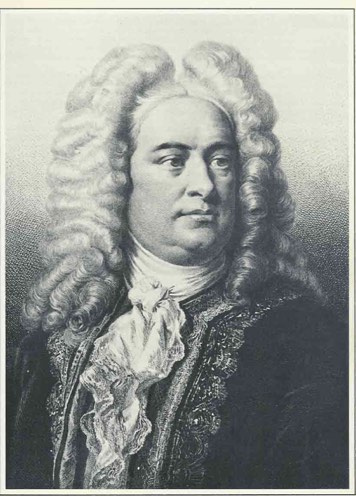Notes
The Tale of Two Georgs
How cruel is the history of music? Today I was driving to school, when, on my XM radio, I heard a lovely Baroque suite by one Georg Caspar Schurmann. I was, once again, delightfully surprised at encountering a fine composer about whom I knew absolutely nothing. What I heard was music that certainly rivaled that of Handel in quality and style, so I made sure to look this fellow up when I got home. As soon as dinner was over, I pulled out my Baker’s Biographical Dictionary of Musicians and found that Slonimsky rates him as “eminent,” which puts him one rung below “great.” At CCNY that evaluation would him an A minus, memorable at the very least. So then I checked out iTunes and found one overture by him available for purchase. My next stop was YouTube where only one of his compositions is available. It turned out to be the same piece I had heard earlier in the day on the radio, and it’s a damn good piece.
So, what does all this tell me about the ravages of time? Well, there must scores of fellows out there in the dark recesses of history who were deemed masters in their day and have failed to make the big time centuries later. Hey, this guy lived and worked in one of the best courts in Europe almost his whole life, and he lived to 79, and now he only gets 3 inches in Baker’s? I must conclude that the music business is, indeed, very cruel to the highly talented because they failed to be supremely talented. Talk about elitism! I have spent my fifty years as a professor of music focused on an infinitesimally small percentage of music history’s cast of characters. For every Handel there must be ten Schurmanns who I may never meet in this lifetime, so I must be grateful that I got to spend at least one day with Caspar before I toss him aside and get back that other Georg who made it into the Hall of Fame.
So how do we measure a composer’s worth? Handel gets 86 inches in Baker’s and Schurmann gets 3. Is Handel 28 times more noteworthy than Schurmann? Listen to the music, and you be the judge.

